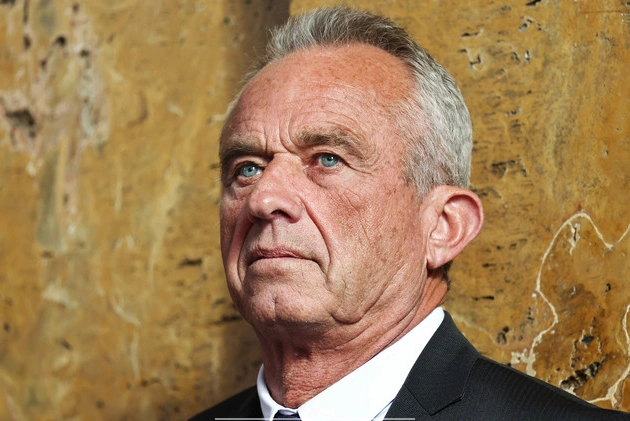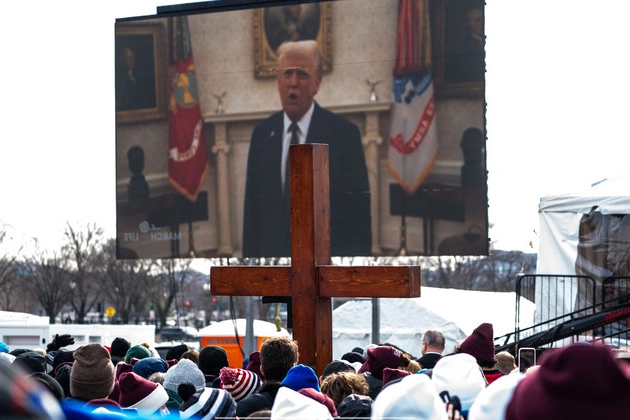
How Robert F. Kennedy Jr. Could Impact Vaccine Policy
Robert F. Kennedy Jr. has pledged not to remove vaccines from Americans but to shed light on the science behind public health measures he has long criticized.
His anti-vaccine advocacy history raises doubts for some senators assessing his suitability to lead the Department of Health and Human Services.
Policy Decisions
If confirmed, Kennedy could influence vaccine availability and state emphasis on specific shots.
Legal Protections
One significant move would be to revoke HHS’ liability shield for Covid vaccine manufacturers and providers, potentially leading to a surge in litigation over vaccine-related injuries.
Changing the vaccine injury table to include new conditions or diagnoses, like autism, could be a pivotal decision with far-reaching implications.
Membership Changes
Kennedy might alter the composition of expert panels advising HHS on vaccine policy, potentially reshaping vaccine recommendations and injury compensation strategies.
Impact on Vaccine Mandates
Opposition to vaccine mandates, especially for children based on CDC schedules, could prompt Kennedy to revise childhood immunization recommendations.
His stance on vaccine science and mandates suggests a potential shift in how vaccines are administered and mandated, impacting public health policies.
Revising Immunization Schedules
Directing changes to the CDC’s childhood immunization schedule could involve removing certain recommendations or transitioning to shared clinical decision-making for vaccine use.
Challenges to established vaccine mandates and schedules could lead to a reevaluation of public health strategies and individual vaccination choices.
By reviewing and potentially revising vaccine policies, Kennedy could significantly impact public health interventions and vaccine-related practices.















